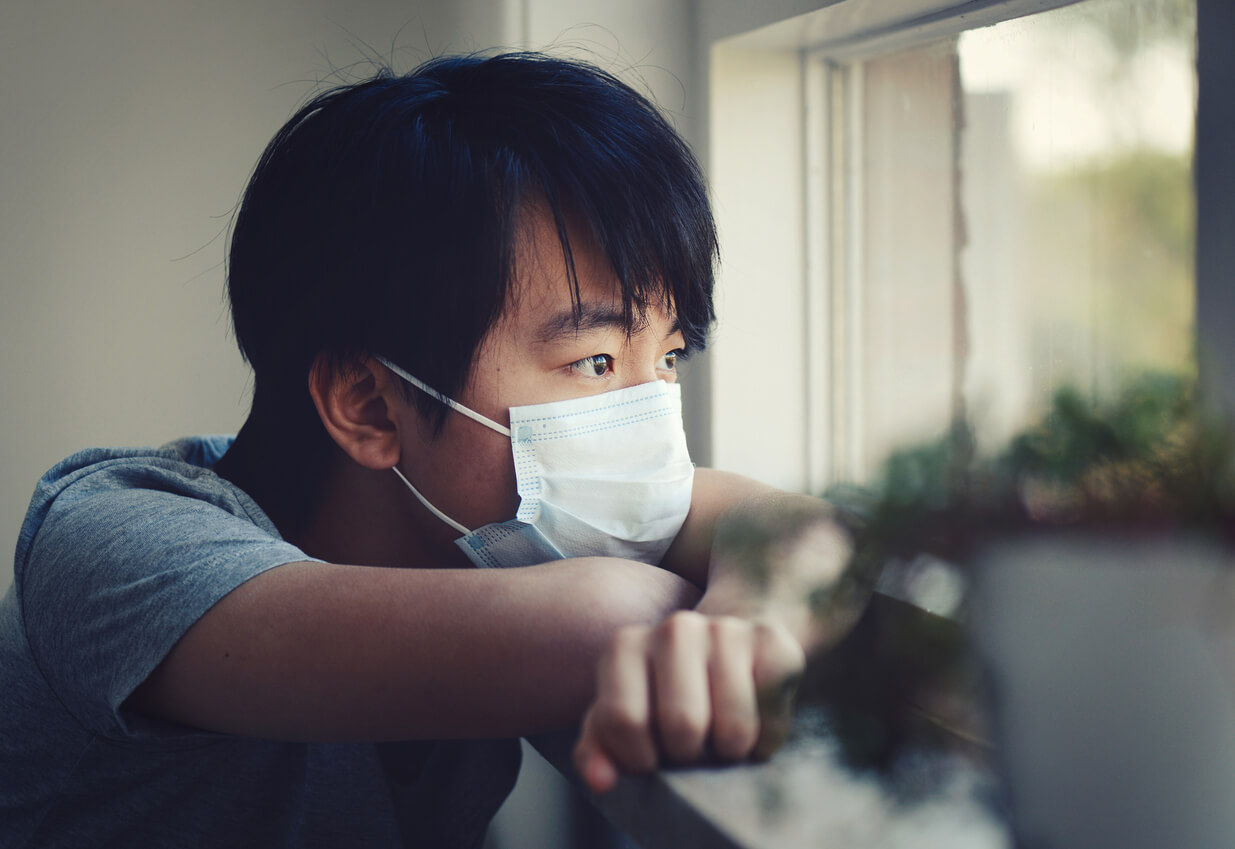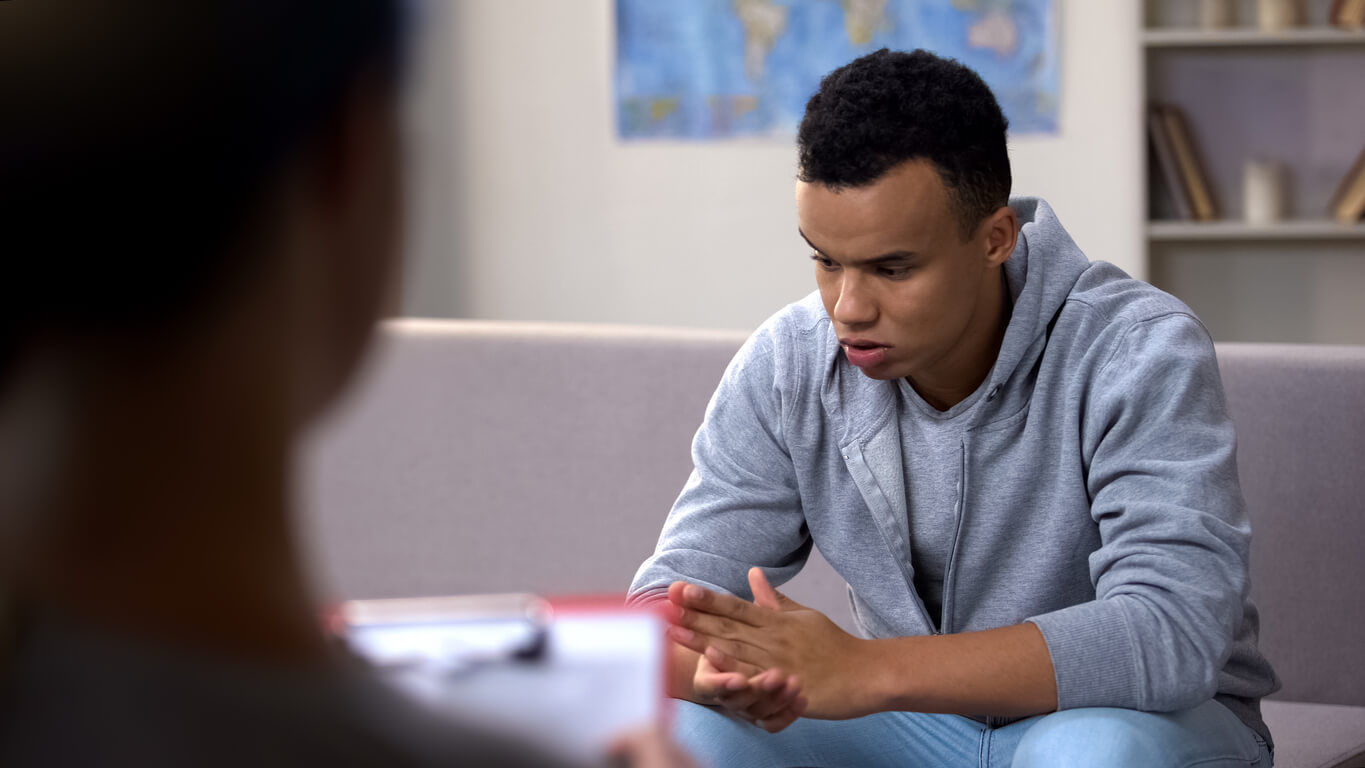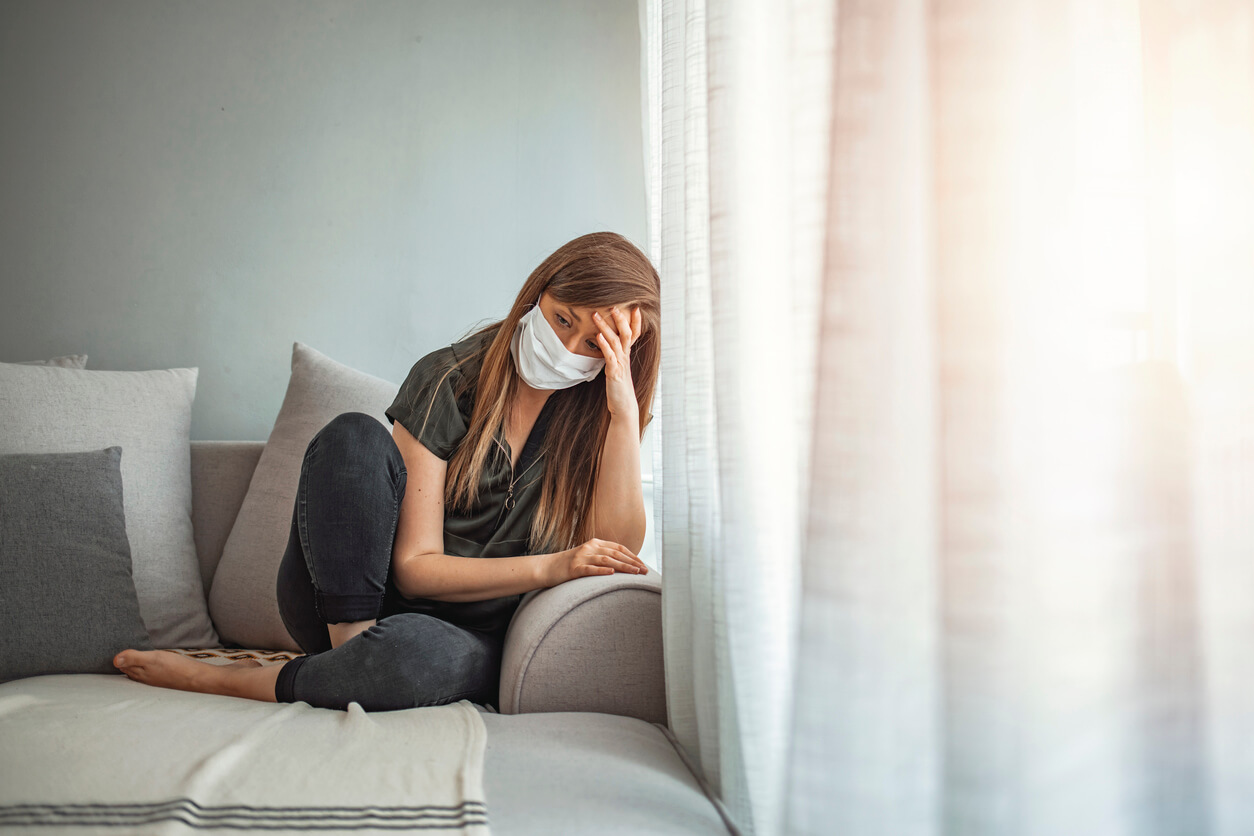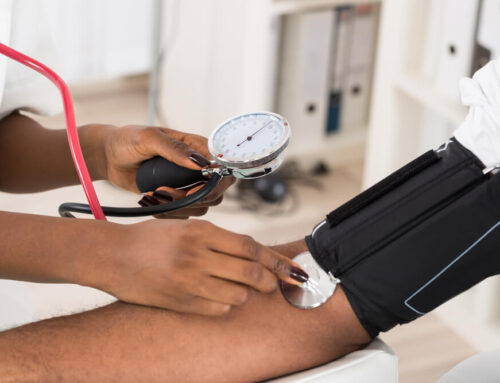COVID-19 has been an incredibly challenging time for the entire world. Millions of people have been infected with the disease, hundreds of thousands have died, and world economies have been wrecked. Those who survive to face a long road to get better, including the prospect of a complete physical breakdown as their bodies recover from the disease. There is no question that we will be feeling the impact of the COVID-19 pandemic for years to come.
Unfortunately, the impact of COVID-19 is much more than physical: It’s mental too. The stress of the disease, social isolation, and rapidly decaying health of millions has had a major mental health impact on people throughout the world. It has caused many to experience a mental health breakdown, leading to a rise in numerous mental illnesses. Here’s an overview of just how people can protect their mental health during COVID-19.
Mental Health and COVID-19
Unfortunately, the stories from around the world have revealed just how problematic COVID-19 has been for mental health. The statistics are grim as noted by the World Economic Forum.
- A survey in Germany found that more than half of the country experienced higher than normal levels of irritation. An additional 45% reported worse sleep, and 29% said they had more anger or aggression.
- Surveys in China found that more than one out of every three individuals was experiencing mild to severe mental health issues.
- A CDC survey in the United States found that 40% of adults were struggling with mental health or substance abuse issues during the COVID-19 outbreak.
These are not minor issues, and there are ample fears that they will get worse. Suicide and addiction rates are, often, directly tied to changes in economic status, and many experts fear that the economic damage caused by COVID-19, along with the massive lifestyle disruption, will lead to spikes in addiction and suicides.
The good news — such as it is — is that there does seem to be plenty of ways for people to cope with the ongoing pandemic while still getting the ongoing health care and support that they need.

Methods of Coping
Here are some of the best tips from experts in the field, regarding the ways to cope with the ongoing mental health challenges brought on by COVID-19.
- First, create a sense of routine. There is a reason our brains always seek out routines: They provide stability, comfort, and predictability. Indeed, one of the biggest challenges of COVID-19 is that it has disrupted so much of our routines and our lives, and this can be very disorienting to our brains and bodies. As such, even during these times, keep following your normal routines. Wake up and go to sleep at the same time every day. Make a point of building a to-do list and sticking to it. Maintaining these habits can be a lifesaver during these difficult times.
- Second, exercise. Physical exercise and mental health are directly related. Meaning that you should do whatever you can to ensure that you are getting the proper exercise during this period. Regular rules don’t go out the window, and you should consult with your doctor before starting any exercise program, lest you experience some sort of physical breakdown. However, even mild to moderate exercise can have major health benefits, and this includes improving your mental health.
Mental Balance
Even though we are in the middle of a pandemic and regular methods of social interaction may not be available, you should strive to be as social as possible. Humans, of course, are social creatures, and spending time with others is key to maintaining our mental balance. As such, try to do whatever you can to spend time with others. Thankfully, now that we are well into this pandemic, there appear to be plenty of ways that this is still possible, which includes
- Technological communication, like Skype or Zoom, or playing an online game with someone
- Spending time with a relative outside
- Meeting with someone but remaining 6 feet apart while still wearing masks
Make sure you go easy on yourself. This is not a moment where everyone will be operating at their normal 100%. In other words, if you are struggling or stressed, don’t beat yourself up over it. There is no shame in admitting that you are suffering, and there is no shame in asking for help. Don’t compare your own experience to that of others. If you are in pain, remember that the mental breakdown recovery time of one person has nothing to do with the time it will take for someone else to recover. Everyone is different, and your experiences have nothing to do with anyone else’s. Go easy on yourself.
There are opportunities for growth and new experiences, despite the massive disruption that COVID-19 has caused. As such, do what you can to change your mindset about this time. As a result of COVID-19, what do you have time to do now that you never did in the past? What old hobby did you once put down that you can pick up again? What can you learn? YouTube and apps create the chance for you to pick up all sorts of new hobbies. There is no question that this period is uncertain and stressful, but you can assert a degree of control over it by doing what you can to give yourself a brand-new experience.
Mental Breakdown Recovery Time

If managing the stress of the moment is giving you problems, consider alternative ways of coping, like yoga or meditation. When done right, yoga and meditation can produce significant stress-reduction effects. Furthermore, contrary to popular belief, the barrier to entry is low. In many cases, beginners can start both practices in the comfort of their living room by simply following a YouTube video. There are also a variety of different types of each of these exercises, increasing the odds that you will find something that works for you.
If all else fails and you are worried about your mental health, seek professional help. Indeed, there is good news about mental illness: It can be beaten. With proper treatment, the vast majority of mental illnesses can be cured. Thankfully, if you are looking for mental health services in Hialeah, there are options available.
If you are scared, worried about your mental health, or need someone to talk to, please reach out to the Carreras Medical Center. We offer world-class services to help you recover from your mental illness, and we can help treat an array of physical or emotional challenges that you may be experiencing during the pandemic. Our experts are available to help you get through this difficult time.







